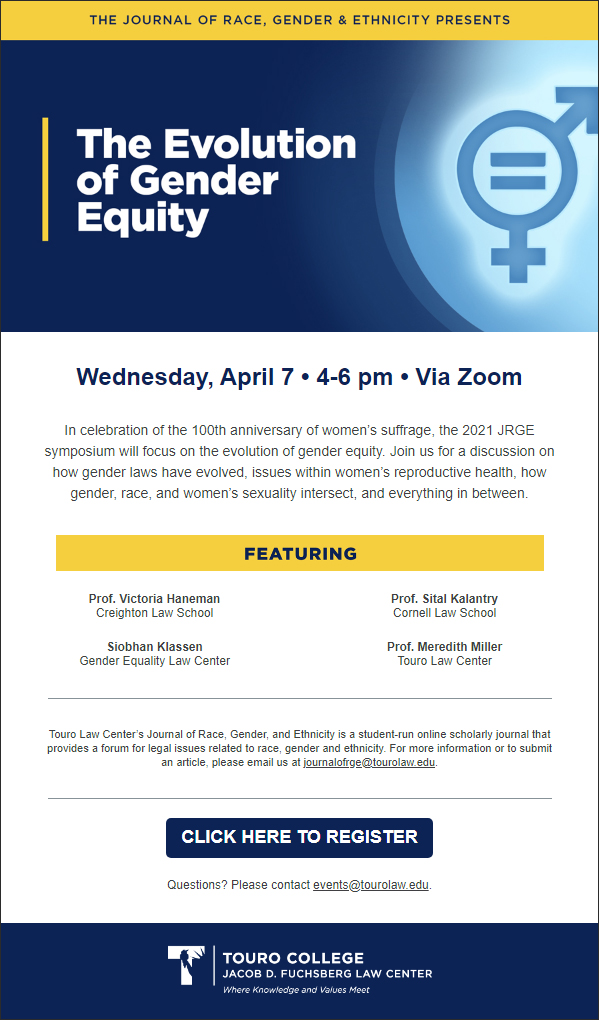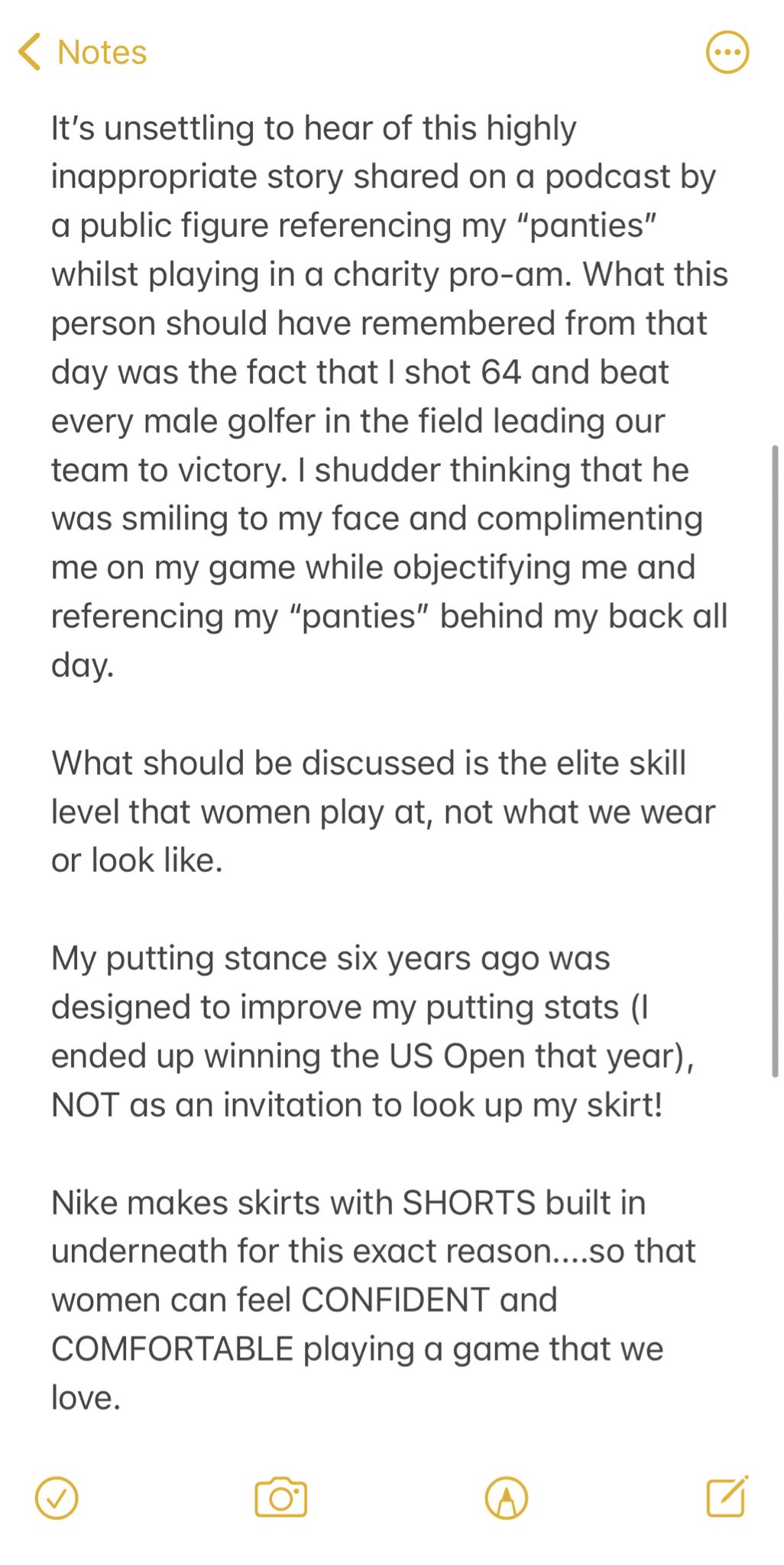A couple of years ago, students at Montclair High School in Montclair, New Jersey began placing in school bathrooms various menstrual products they gathered through school-wide tampon and pad donation drives. By all accounts, the project seems to have been well-received by teachers and students that school year.

photo of Montclair (NJ) High School By Tlantanu at English Wikipedia, CC BY-SA 3.0, Link
The next academic year, the students asked the new principal for permission to continue making menstrual products available in the restrooms. To be clear, the students were not asking the school to pay for the products, just for permission to put donated products in restrooms. The then-principal (who is no longer at the school) denied the students’ request. Why? No clear reason was given.
Along with his denial, the principal did make some noises about the possibility that students might soak the freely-available tampons in vodka and insert these tampons to get buzzed during the school day.
Apparently, the school district’s nurse did not offer any support for the students’ project, either. Whoa. School nurses should function as educators and health-support personnel. The behavior of this health professional only exacerbates the perception that school nurses are suspicious of menstruating students and do not have the necessary knowledge to help students who need menstruation-related health advice. The failure of the district nurse to support the students’ project is inexplicable.
There are so many ways that Montclair High School missed the mark in turning down the students’ request. Separate and apart from whether the school should provide free menstrual products in school bathrooms (more on that below, ehem), there is no reason that the students should be discouraged from undertaking a project that makes life easier for menstruating students, costs the school nothing, and sends an important message that menstrual products do not need to be hidden or kept secret. These products should be available just the way toilet paper is.
Let’s also address that vodka comment. Rumors of teenagers using vodka-soaked tampons as alleged by the then-principal (aka “slimming”) have been making the rounds for years (see, e.g., here and here), but I have found scant reliable evidence of the practice. And if teens really were going to try to get buzzed using vodka-soaked tampons, would they be using the school-provided tampons to do so? Anyone with any experience with teenagers (or who has been a teenager) can imagine many more efficient (and less detectable) practices than bringing booze to school, procuring a tampon from the school bathroom, soaking it, inserting the tampon, and getting rid of the evidence.
If school administrators latched onto sensationalist news stories as a weak excuse to shut down this volunteer effort by students for their peers, those administrators were not acting in the best interests of the students.
It doesn’t take much research to uncover the connection between the ready availability of menstrual products in schools and lower levels of student absenteeism. Period poverty is real, and a public school that serves students of all socioeconomic backgrounds should make it easy for students to concentrate on school, without worrying about being able to address menstruation in a timely and appropriate way. Professor Chris Cotropia (Richmond) has demonstrated that in one cohort he studied, 92% of female high school students had the experience of needing a new pad or tampon during the school day. 91% reported “trouble affording” these products on their own. Professor Cotropia’s work demonstrates that access to menstrual products matters for attendance, academic performance and health.
Regardless of any student’s income level, periods don’t always arrive predictably, on a precise schedule. Every single person who has ever had a period knows this. Period unpredictability is especially true for menstruating teenagers. Making products available only via the school nurse’s office isn’t necessarily a solution, either, if the nurse’s office is far away, inaccessible, etc. etc. Because of stigma and shame associated with menstruation, many students simply don’t feel comfortable asking for menstrual products. Restrictions on bathroom access can exacerbate challenges for menstruating students.
To return again to the specifics of the Montclair situation, remember: the Montclair students were not asking the school to foot the bill, just for permission to do what they had been doing before.
So, what was the school really worried about? Maybe the then-principal thought that students might get too used to these “luxuries” of free menstrual products (hey, students and faculty alike seem to have gotten used to free toilet paper).
There’s a strong argument that Title IX would treat making menstrual products available in school restrooms as consistent with the obligation of federally-funded schools to make their programs available without regard to sex. Want to know more? Margaret Johnson (Baltimore), Emily Gold Waldman (Pace) and I have written all about it in Title IX and Menstruation, 43 Harv. J. of Law & Gender 225 (2020).
There are several states—including New York, California, Illinois and New Hampshire—that require schools to make menstrual products available for free in school bathrooms. Some local school districts, like the Boston Public Schools, the Brookline (MA) schools, and the Cambridge (MA) Public Schools, have done so voluntarily. Any concerns about expense appear to be overstated. Actual data provided by the Cambridge Public Schools suggest that the annual cost of providing free menstrual products to students is about $2.48 per student per year.
Pandemic-era learning has meant that the students at Montclair High haven’t been back in the building since March of last year. But when the school re-opens, let’s hope that the new principal has the good sense at least to permit the students to continue to stock the bathrooms with donated menstrual products.
Better yet, the Montclair Township Council should pass an ordinance requiring all Montclair schools (@montclairschls) that serve students in grades 6 through 12 to make menstrual products available at no charge to students in all school bathrooms.
Mayor Sean M. Spiller (@SeanMSpiller), do the students have your support? Eyes and ears await legislation from Councilor-at-Large Robert J. Russo, Deputy Mayor and 1st Ward Councilor William L. Hurlock (@WillliamLHurlock), Councilor-at-Large Peter Yacobellis (@PeterYacobellis), 2d Ward Councilor Robin Schlager, 3d Ward Councilor Lori Price Adams (@LoriPriceAdams) and 4th Ward Councilor David Cummings, hoping that they will follow the lead of school districts like Boston, Brookline and Cambridge.
And to the new principal of Montclair High School, you can be a leader on this issue and join other educators who recognize the value of making menstrual products available for free in school restrooms.
-Bridget Crawford


 Feminist Law Prof Lolita Buckner Inniss (SMU) will become Dean at Colorado Law, effective July 1, 2021. Here is an excerpt from Colorado’s announcement:
Feminist Law Prof Lolita Buckner Inniss (SMU) will become Dean at Colorado Law, effective July 1, 2021. Here is an excerpt from Colorado’s announcement:

 On April 7, 2021, the Journal of Race, Gender, and Ethnicity at Touro Law Center will present a program on “The Evolution of Gender Equity.”
On April 7, 2021, the Journal of Race, Gender, and Ethnicity at Touro Law Center will present a program on “The Evolution of Gender Equity.” Louisville Law School will sponsor a half-day symposium on April 9, 2021. Here is the program description:
Louisville Law School will sponsor a half-day symposium on April 9, 2021. Here is the program description:


